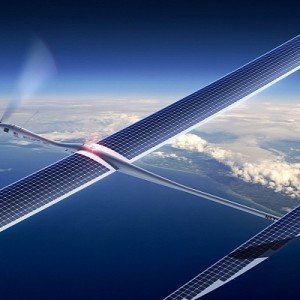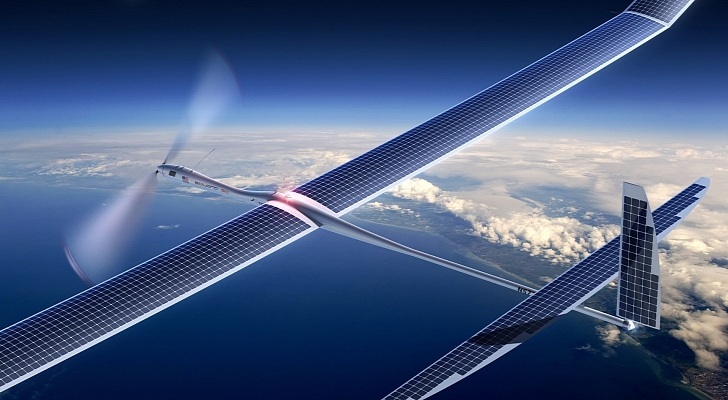Connecting to Facebook via a solar powered plane may no longer be a far-fetched prospect. The company is reportedly in talks to buy Titan Aerospace, a company that manufactures solar powered drones that can fly 5 years without the need to land.
According to sources, the acquisition will be for about $60 million, and would help Facebook reach its goal of providing affordable internet access to those without connectivity. The acquisition aligns with Facebook’s intention to jump-start the Internet.org project, which aims to provide easily accessible internet access to the public.
By acquiring Titan Aerospace, the company will be able to use their solar powered drones to cover areas of the planet with no internet access, starting with Africa. The project would begin with the construction of 11,000 Solara 60 models, unmanned aerial vehicles/solar powered planes functioning as atmospheric satellites that have the capabilities of a regular orbital satellite.
The proposed planes are cheaper and more versatile than ordinary satellites. In addition to this, the unmanned aerial vehicles can be used for disaster recovery, monitoring the weather, Earth imaging and communications. Facebook aims to utilise the communications capabilities of the project.
Both the Solara 60 and 50 models have internal battery packs so they can be launched in the evenings. When the sun rises they’ll be able to conserve energy to go up 20 km above sea level and stay there for 5 years without refuelling.
Titan Aerospace is a privately run venture with their R&D centre based in New Mexico. Recently the company raised funds via Series A and A-1 rounds, though if this has anything to do with Facebook solar it is not clear.
Titan is presently run by its CEO Vern Raburn who previously founded Eclipse Aviation. According to Raburn, the purpose of Titan Aerospace is to develop new satellites without the cost of regular satellites.
If the deal is finalised, sources say that not only will Titan’s solar powered drones be owned by Facebook, but the entire production line of the company will be for Internet.org. If the project is successful, Facebook will be able to transmit free internet signals to developing countries using Titan Aerospace technology.
Furthermore, Facebook could then produce and make available an app for users that will let them view status updates and send messages without paying. Though phone services and coverage are becoming cheaper and more widely available, data costs are still too high for many people around the world. With Facebook’s plan, that could change.
If Facebook can use solar technology successfully, internet access will increase globally. Increased internet in developing countries will have far reaching repercussions internationally.
Facebook also purchased the application Onavo, and according to reports this purchase was made so the company could develop compression technologies that would permit similar functions but don’t require as much data to transmit. In combination with Titan Aerospace technology, Facebook solar will be able to develop apps that can run on weak signals as there’s no need to receive or send as much data.

